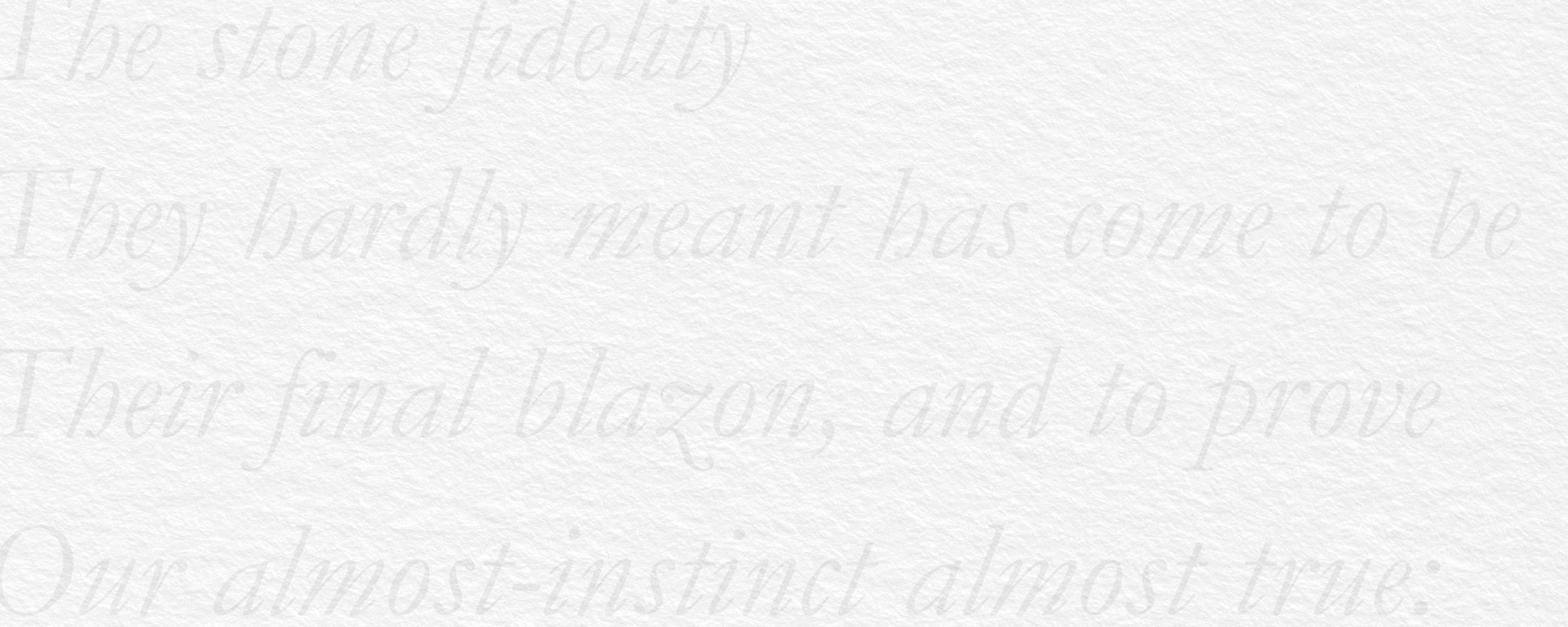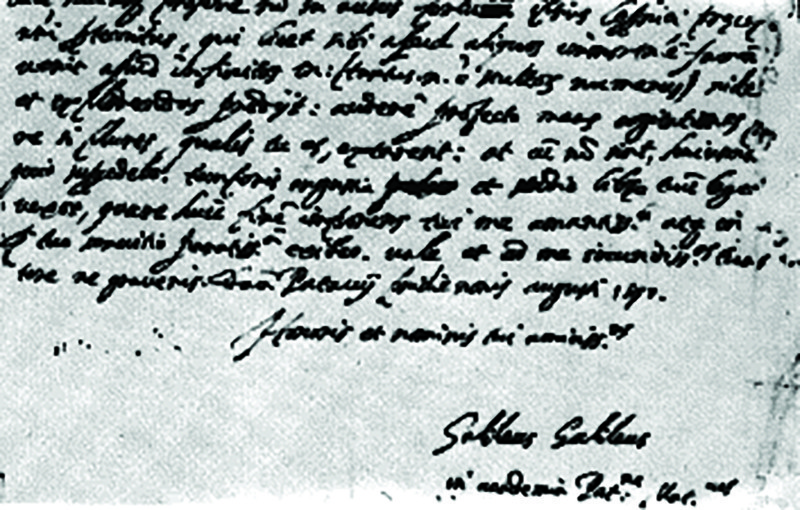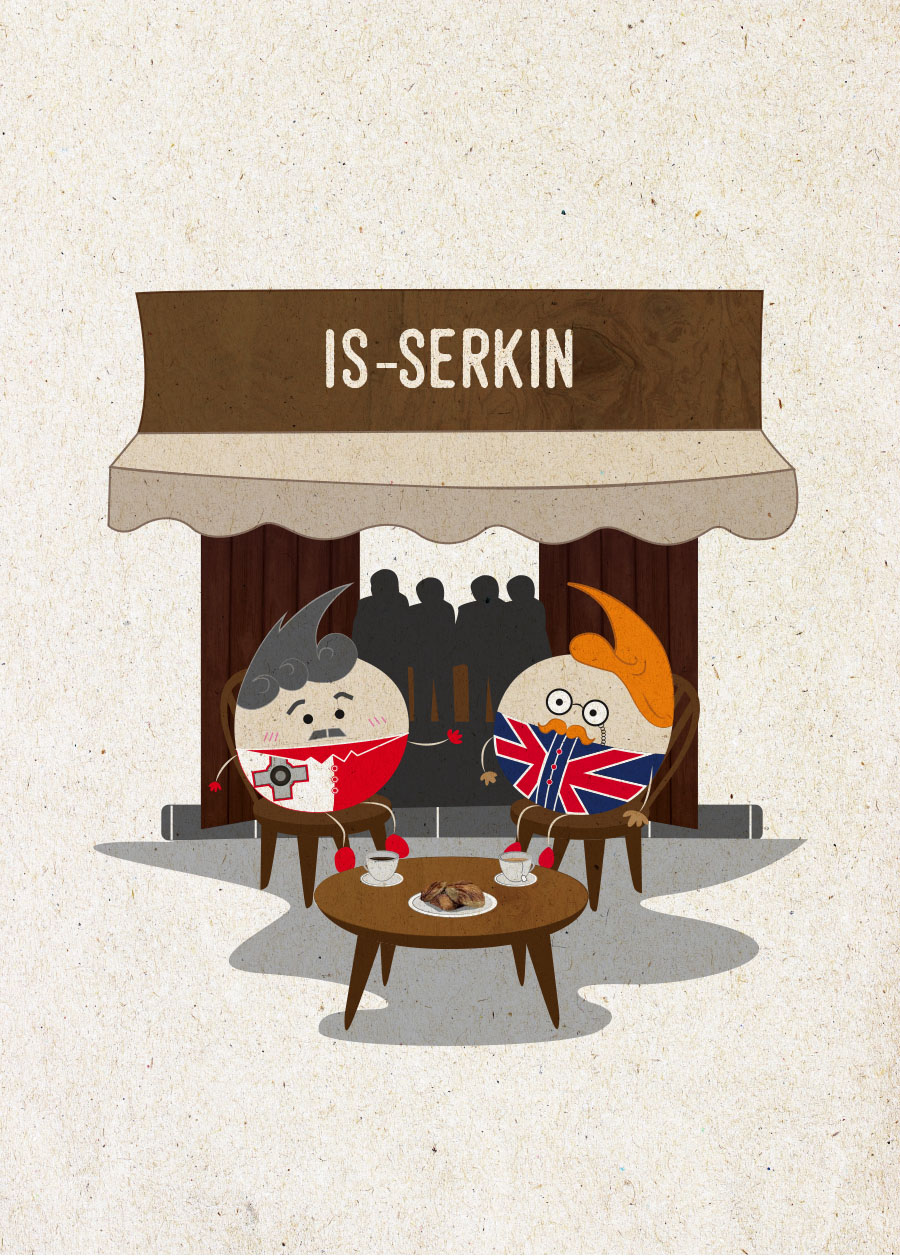The Humanities, Medicine, and Science (HUMS) Symposia at the University of Malta offer a unique platform where experts from diverse fields come together to explore a single theme from multiple disciplinary perspectives. This academic year, the HUMS first event, entitled ‘The Sun’, provided an interdisciplinary deep dive into the scientific, cultural, and existential significance of our closest star.
Continue readingLiving in Maltese
A new European Commission tool facilitates easy and accurate translation between English and Maltese. Author and translator Mark Vella is tirelessly promoting this translation product. He speaks to Teodor Reljic about how the Maltese language and its literary heritage has defined his life and career from graduation onwards.
Continue readingLove (in) letters
Literature shapes our understanding of love, from Romeo and Juliet to over-quoted phrases before Valentine’s Day. It continues to influence the way we relate to the complex emotions and quests surrounding love. Literature experts Prof. James Corby and Prof. Adrian Grima (University of Malta) share their thoughts about the cornerstones of the literature of love with Daiva Repeckaite.
Continue readingA multi-disciplinary life
Winner of the National Book Council’s award for Best Novel Loranne Vella has enjoyed an eclectic career, spanning literature, teaching, translation, and theatre, then circling back to literature again. But as Teodor Reljić discovers, her journey across creative modes had its roots at the University of Malta.
It’s not every year that the National Book Council dishes out its annual Best Novel Award to a work of time-hopping speculative fiction. But that’s exactly what happened last December, when Loranne Vella won the award for her novel Rokit (Merlin Publishers), which details the journey of Petrel, a Croatian youth who travels to Malta in search of his family roots, only to find an island ravaged by climate change.
‘With Rokit, Loranne Vella distinguished herself with another prize-winning novel that crosses genre boundaries between adult and young adult fiction,’ wrote National Book Council Chairman Mark Camilleri.
Such a dense and knotted work suggests hard creative labour, which Vella confirms, pointing out that the novel took five years to put together. But one shouldn’t assume that Rokit was all that commanded Vella’s attention in those years, nor that writing is her only chosen pursuit. In fact, she says the process left her hankering to return to performance.
‘I was interested in merging my two artistic passions and experimenting with various possibilities,’ Vella says, explaining how this want led to the Barumbara Collective in 2017, ‘which focuses on collaboration with artists from different spheres.’
As it happens, Vella being awarded the Book Council prize directly coincided with a Barumbara Collective project—the multi-disciplinary performance Verbi: mill-bieb ’il ġewwa.

And while Verbi certainly had a role to play in refreshing Vella’s creative muscles in the here and now, it also channelled key elements of her past experience. The Barumbara Collective is only the latest iteration of Vella’s involvement in the performing arts. The still-active Aleateia Theatre Group was her first and most significant project, beginning as a student project in 1992 and resulting in a generous number of experimental performances held at the Valletta Campus Theatre throughout the nineties and noughties. Vella performed, trained other actors, and documented the group’s progress.
The Barumbara project brought more deep-seated memories back to the fore. ‘With Verbi, I wanted to involve university students from the Department of Digital Arts and the Department of Theatre Studies, seeing how the project was an interdisciplinary one where visual arts, performance and literature come together in one performative installation. I can truly say I was amazed by the hard work done by the students who collaborated. Their enthusiasm reminded me of myself as a student back in the 90s.’
Vella’s own student enthusiasm did not come as immediately as all that, however. While she is now secure in her three-pronged role as writer, performer, and translator (also acknowledging her former role as a lecturer), forging an early path as a student meant first squinting through the fog.
‘It took me quite a while to figure out which were the right subjects for me,’ Vella confesses. ‘Before ‘91, I had spent a year struggling as a BCom student. This course was definitely not for me, contrary to what my teachers and counselor advised me at the time. Before that, I had registered for the one-year-long Foundation Course at university, intended for students like me who couldn’t make up their mind… for a while I was even considering Law…’
It was then that Vella learned about the Theatre Studies Programme, though a couple of years still had to pass for her to take the leap.
‘I guess I finally decided to choose what I was interested in, rather than think too much about what my future profession or career should be.’ The choices in question were Theatre Studies and English, subsequently opting to specialise in Theatre until she finished her MA in 2000.
‘Everything about me, since then, revolves around these two disciplines: theatre and literature.’
These pursuits became an active part of student life for Vella, who loves to turn her passions into more tangible projects. Vella collaborated with fellow Aleateia member Simon Bartolo in establishing Readers & Writers, a literary journal which featured original prose, poetry, and literary criticism. Running for five editions, the journal sowed the seeds for Vella’s future literary output.
‘I was still writing in English back then. It took me almost ten years to start writing stories again, this time in Maltese.’
The breakthrough came in 2004, when Vella began writing the first chapters of what would eventually become Sqaq l-Infern, the first volume of the It-Triloġija tal-Fiddien, together with Simon Bartolo. Like Rokit, the trilogy would be published by Merlin Publishers, and it managed to hit a fresh nerve in the local literary circuit.
Aimed at young readers, the trilogy proved to be a ‘Harry Potter moment’ for the Maltese literary scene. Gr

aced with eye-catching covers by renowned illustrator Lisa Falzon, its mix of local folklore and coming-of-age yarn was met with excitement and healthy sales. The trio was completed by the novels Wied Wirdien (2008) and Il-Ġnien tad-Dmugħ (2009).
‘By the time the third volume came out, Fiddien had a huge following,’ Vella remembers, observing how the trilogy also marked her first shift from theatre to literature. Another influence on this decision was her move to Luxembourg to work as a translator at the European Parliament. The next step in her literary output came in the form of MagnaTMMater, a young adult work of dystopian science fiction published in 2011.
But there was yet another step in the interim to all this—Vella’s stint as a lecturer. For five years, she taught at the University of Malta’s Department of Theatre Studies. ‘This gave me the satisfaction of examining this reality from the opposite side, working with students while keeping in mind the difficulties I had encountered myself.’
Vella had cut her pedagogical teeth much earlier. Right after graduating with a BA Hons in Theatre Studies, Vella taught Drama and English Literature at St Aloysius College. ‘Although I had not studied to become a teacher—it was the last profession I had in mind—I had the right background to teach these two subjects. After a few years at the college, I was teaching only the literature part of the English courses, and I also became responsible for directing the annual school concerts, which became bigger and more ambitious every year,’ Vella says, adding that her time as a teacher left her with many ‘proud moments’.
‘The best of these was perhaps the mobilisation of almost the entire body of students to put up a large scale performance—with orchestra, choir, side-acts, chorus, intermezzo, and all.’
Vella is keen to credit her alma mater with the results of this varied career. She has no trouble stating that ‘everything is connected, and there is a clear connecting line between my years at university and everything else I’ve done since.’
Which begs the question: what advice would she give to current University of Malta students, especially those interested in working in multiple disciplines?
‘Be passionate about the courses you follow. Experiment, explore, be curious. Ask many questions and strive to find answers. Do not just study. Discover. And make that discovery your own.’
Letters, networks and revolutions
Scholars and digital technologists are developing new tools to study the exchange of letters amongst past intellectual networks that shaped European ideas, values, and institutions.
Dr Jean-Paul De Lucca writes.
Mistakes versus creativity: Malta’s linguistic paradox
In Malta, diversity in language is both sought after and shunned. Some embrace change as creative and interesting, others admonish it as ‘incorrect’. Dr Sarah Grech dives into this paradox and wonders if a shift in perception can help see our languages flourish.
They say variety is the spice of life. Cliche? Maybe. But also very true—especially when it comes to language.
Literature will break your heart
Dr David Vella interviews Dr James Corby to find out how literature can help you face tragedy in your life. Illustrations by Sonya Hallett.
Continue reading





